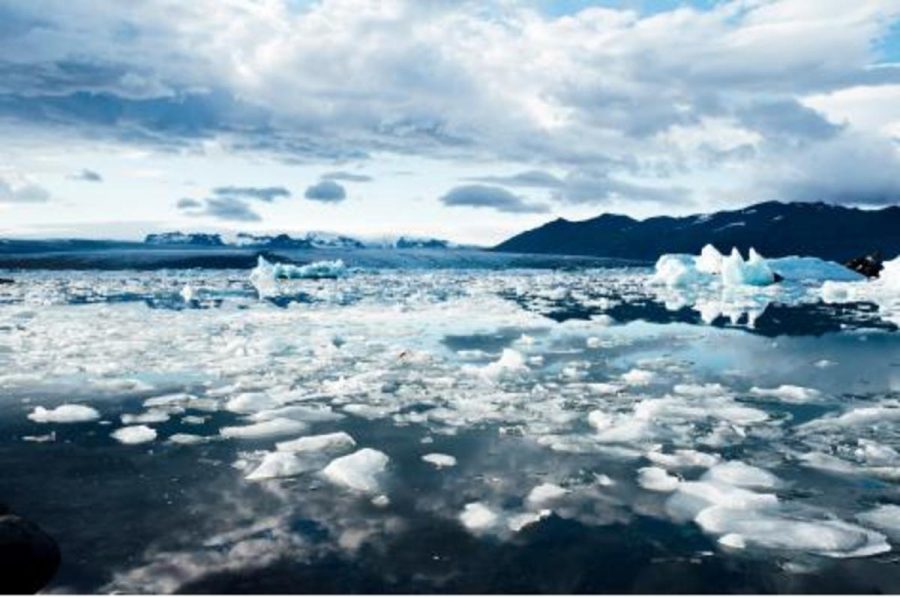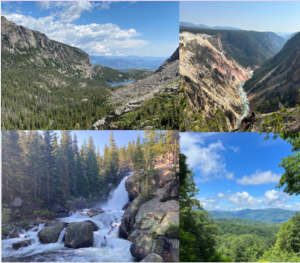Climate change changes perspectives
Rising temperatures will increase the rate and which glaciers and ice caps melt and cause early ice thaw on rivers and lakes. Sea ice will increasingly retreat. According to scientists at the U.S. Center for Atmospheric Research, the Arctic could be ice-free in the summer of 2040.
December 11, 2015
The effects from global warming and climate change have become an increasingly discussed topic. A picture of its damaging effects even made The Atlantic’s top 25 news photos of 2015.
The picture displayed bleached “bathtub rings” visible on the rocky banks of Lake Powell in Utah. Because the Western United States is affected by severe drought, a below average flow of water is expected to enter Lake Powell.
Senior Jacqueline Lazar said, “The effects of climate change have become more and more clear. People should become more informed of how to lessen the damage.”
In the future, global warming is expected to make droughts even more severe. In the instance of “low emission” scenarios, scenarios in which it is assumed future carbon dioxide emissions will increase slowly, precipitation is still predicted to decline.
Sophomore Nikhil Sekar said, “Even if some people don’t really believe in the ideas of climate change, everyone needs to become more informed. Areas are being affected.”
Precipitation may decline by 20 to 25 percent over the areas of southern Nevada, California, and Arizona.
Precipitation declines and the growing urban populations will serves as a significant challenge to water managers of the West in the coming future.
Senior Chris Seger said, “We are going to have to deal with the problems sooner or later. Why not sooner?”







